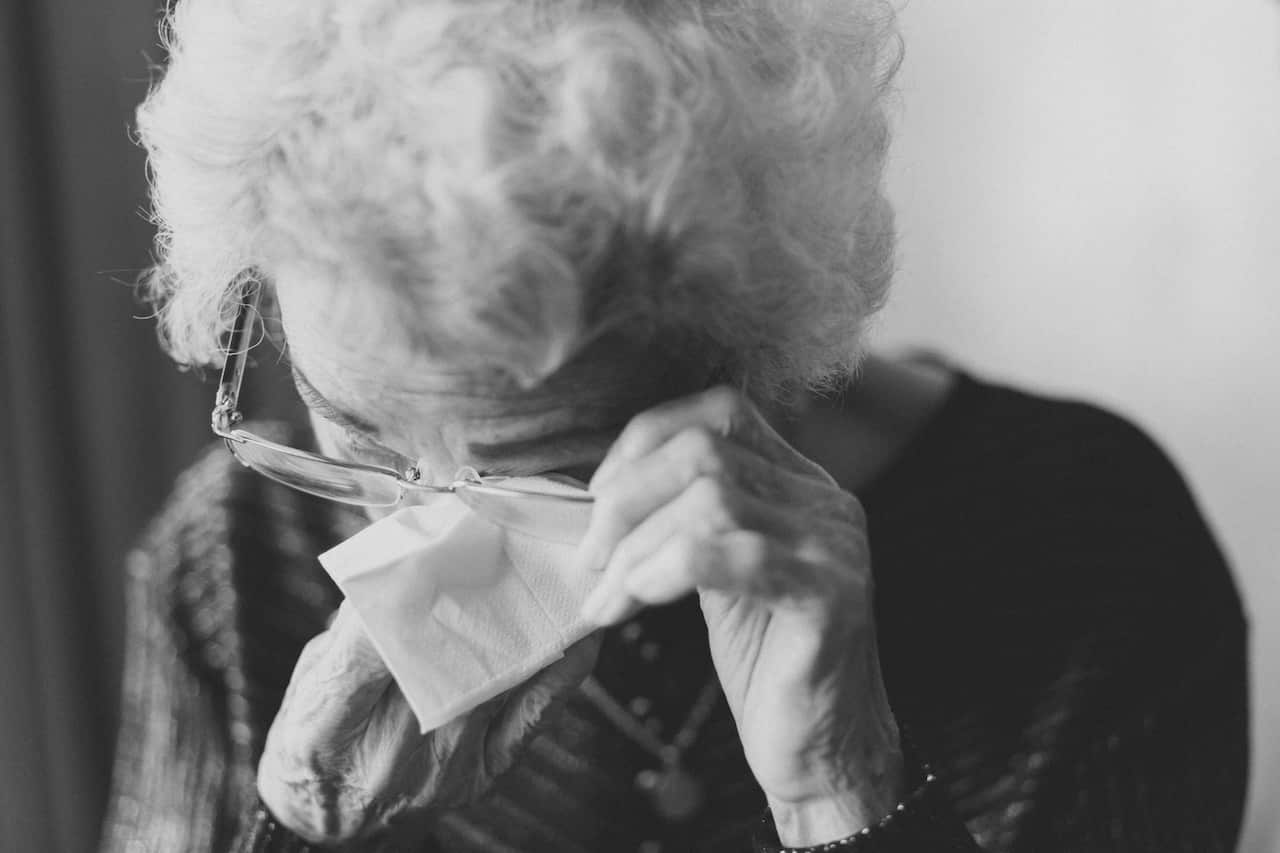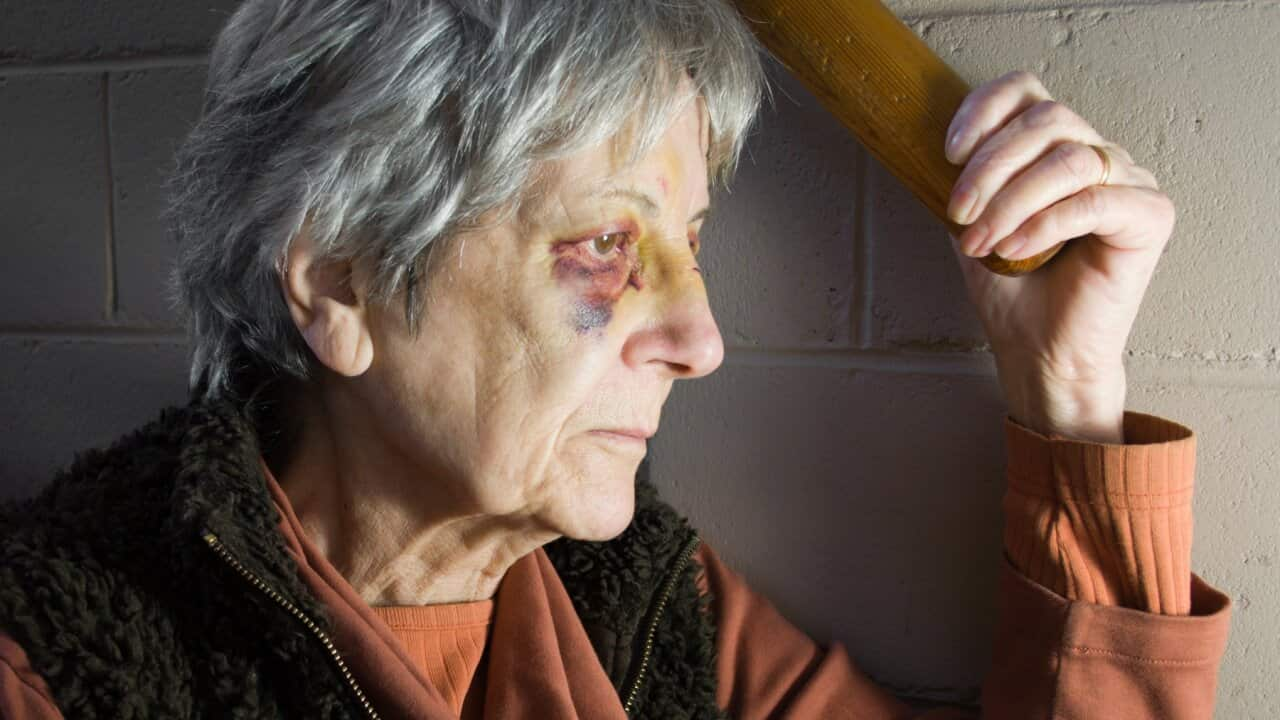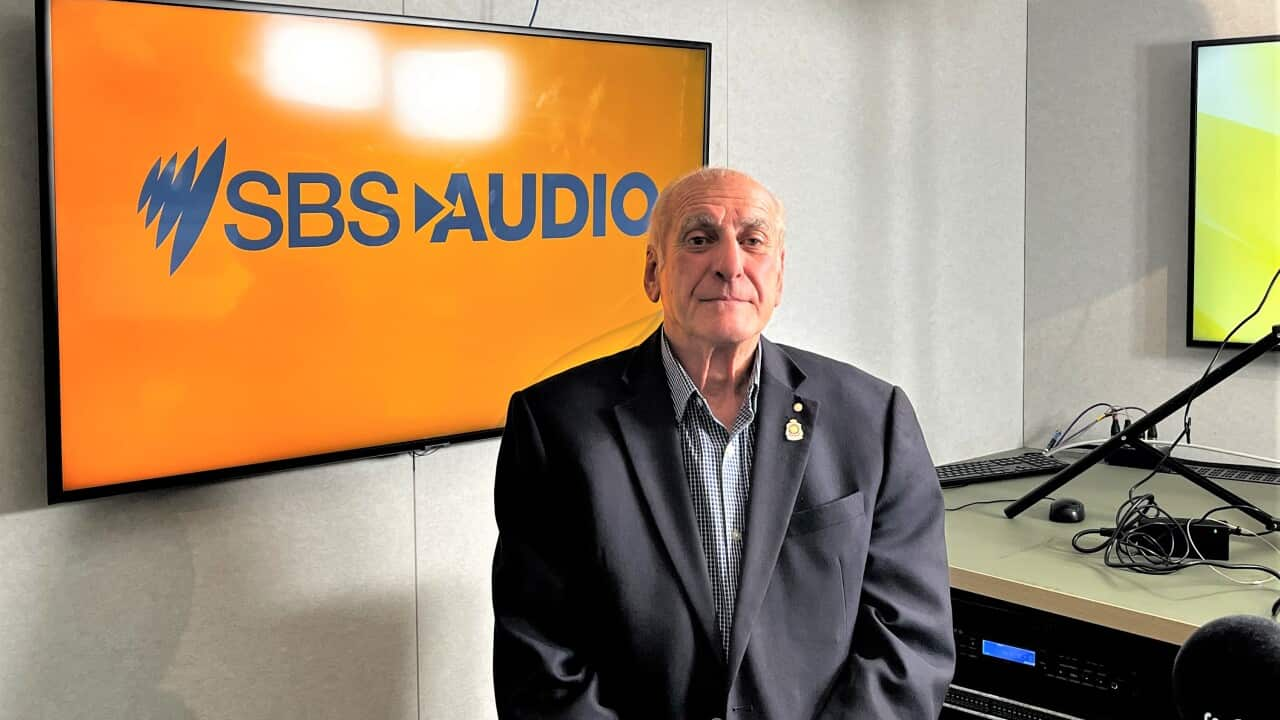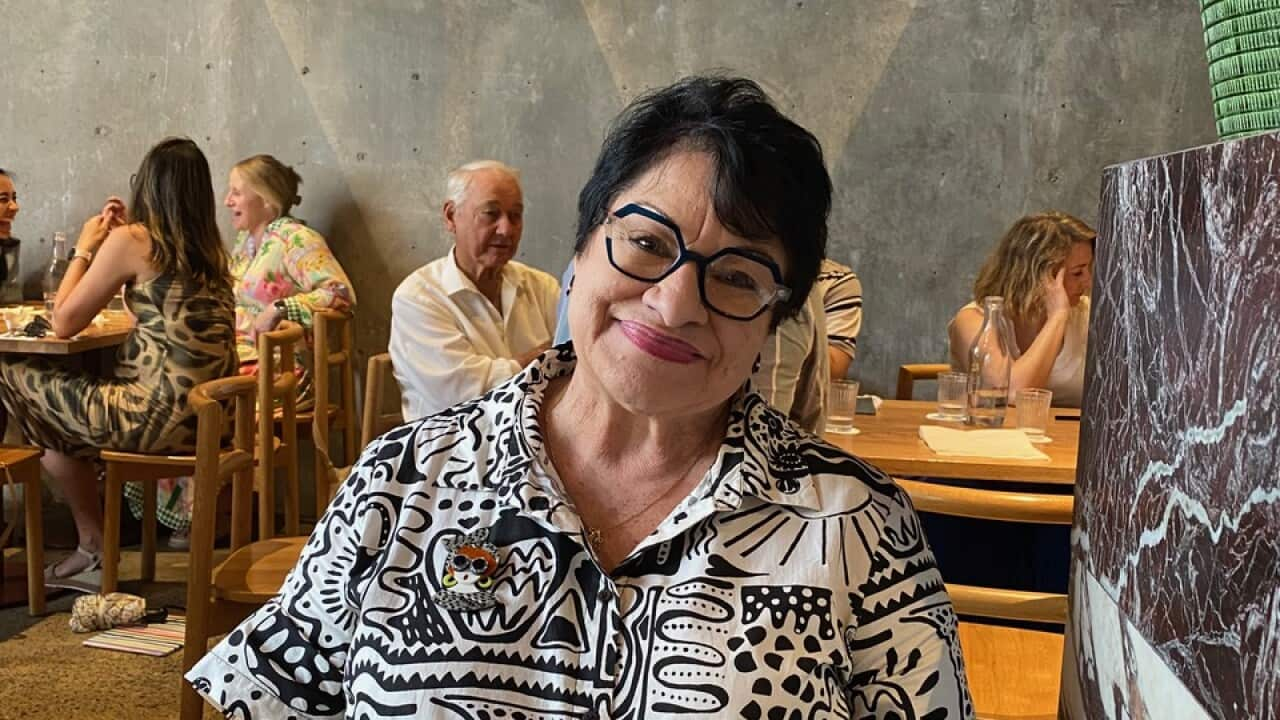The program is sponsored by the federal government and is a joint initiative undertaken by the Multicultural Community Councils of NSW, Victoria and Queensland.
SBS Radio and the National Ethnic Broadcaster’s Council (NEMBC) function as the program’s communication partners.
Odysseas Kripotos works for aged care services provider ''Fronditha Care''. The service is responsible for the coordination of the ''Speak My Language program'' in Greek, in the state of Victoria.
Elder abuse is a problem that keeps growing, while the stigma associated with it makes it harder to address the issue.
What is elder abuse
‘’Any act that can cause fear, insecurity or upset an elderly person’’ can be considered a form of abuse say Odysseas Kripotos. He notes that these acts usually originate from someone who is close to the elderly in question, such as a family member or friend.
It should be noted that abuse is not limited to just physical violence. ‘’Evidence shows that financial and psychological abuse are the most common form of elder abuse and they usually appear together’’ says Mr. Kripotos.
In some cases, family members might not be aware that their actions are a form of abuse.
‘’Sometimes the cultural background of a society accepts certain forms of abuse. With an elderly person it can be harder because they might have issues that affect their behavior and their children, unable to manage those issues, abuse them’’.
The size of the problem
Mr. Kripotos says that the most common form of abuse is that of a son towards his parents.
‘’Existing evidence shows that 72,5% is towards women, with the person responsible for the abuse usually being a male. In fact, 66.8% is done by the children of the elderly’’.
It should be noted that these figures are based on the incidents that are reported in the relevant services.

What to do
‘’In case an elderly person is in dire need, meaning they being threatened directly, they should contact the police by dialing 000. If that person cannot use the phone, then they should exit the space where they are and call for help. For example from a neighbor’’ says Mr. Kripotos.
Services for abuse victims:
Elder Helpline - 1800 353 374
Complaints and Report Abuse - 1800 464 800
The information you provide are confidential.
If an elderly is unable to communicate in English, they can call the Translating and Interpreting Service at 131 450. Some of the services mentioned above should be able to connect you directly to an interpreter as well. In addition, some Greek Australian organizations provide mediator services that can be of assistance up to a point.

The stigma
Odysseas Kripotos says that many elderly do not want other to know that the people closest to them are manipulating them. ‘’It should be noted that enforcing protective measures will not ‘’sully’’ their criminal record. It is a shield of protection. However is someone breaches it, then there will be penalties’’.
An elderly person also has the opportunity to stop asking for support from an organization if the situation changes.
Mr. Kripotos notes that parents are not obligated to help their children financially. ‘’We may feel it of course, but it is not a crime to not help our children’’.
Finally, he stresses that it is important for the elderly to remain active as the years pass. To preserve their social circles and to know that they are not helpless, as there are many steps they can take to avoid becoming victims of abuse.




